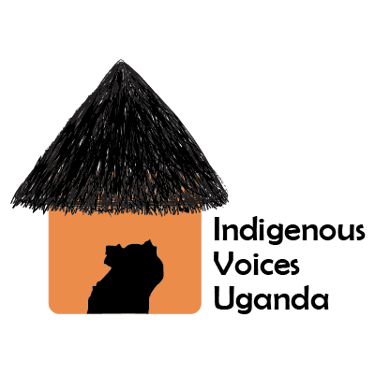Who We Are
Indigenous Voices Uganda (IVU) is a youth-led, youth-centered, and youth-driven organization founded by indigenous youth committed to challenging exclusion and inequality. We exist to amplify the voices of marginalized indigenous youth in Uganda and to create pathways for them to thrive while protecting their cultural heritage and natural environment.
We believe indigenous youth are not just beneficiaries-they are the leaders and innovators who will shape a more just, sustainable, and inclusive future.


Our Mission
To empower indigenous youth in Uganda by advancing Rights, Education, Agriculture, Conservation, and Health (REACH) through holistic, culturally relevant, and youth-led approaches.
Our Vision
A Uganda where indigenous youth are empowered, included, and resilient, with equal opportunities to lead meaningful lives while preserving their culture and environment.
Our Values
Inclusion – ensuring indigenous youth have equal voice and opportunity.
Respect – honoring indigenous culture, heritage, and knowledge.
Equity – addressing systemic marginalization with fairness and justice.
Sustainability – building solutions that endure for generations.
Youth Leadership – led by youth, for youth.


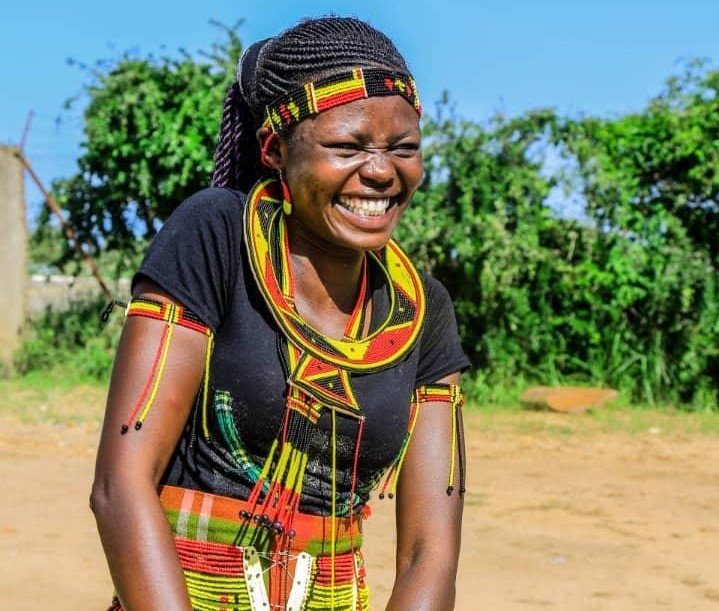

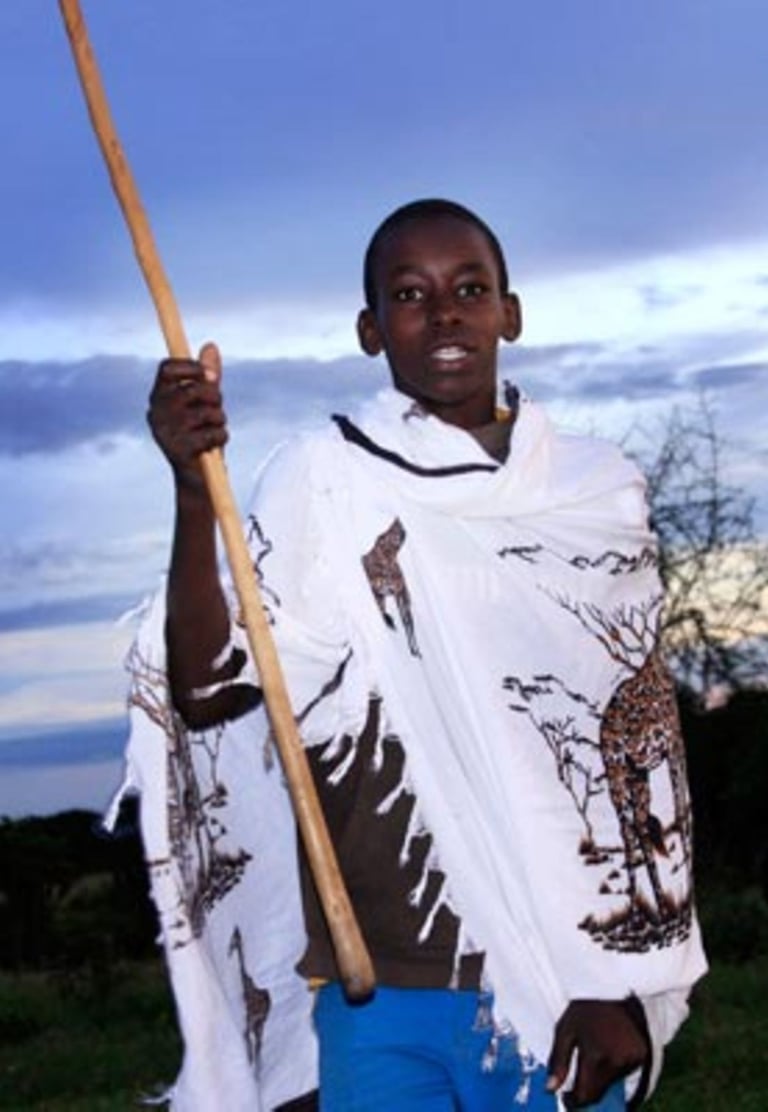

Our Community
We work with and for indigenous youth from some of Uganda’s most marginalized communities, including:
Batwa – former forest dwellers displaced by national parks, facing landlessness and cultural erosion.
Benet – mountain-dwelling people affected by forced evictions, struggling for land rights and recognition.
Ik – a small, isolated community in northeastern Uganda with limited access to resources.
Karamojong – pastoralists in northeastern Uganda facing land disputes and service access challenges.
Basongora – pastoralist group in western Uganda contending with land disputes and marginalization.
These communities face systemic challenges, including landlessness, poor access to education and healthcare, and cultural marginalization. At IVU, we are committed to advocating for their rights and creating opportunities for empowerment.
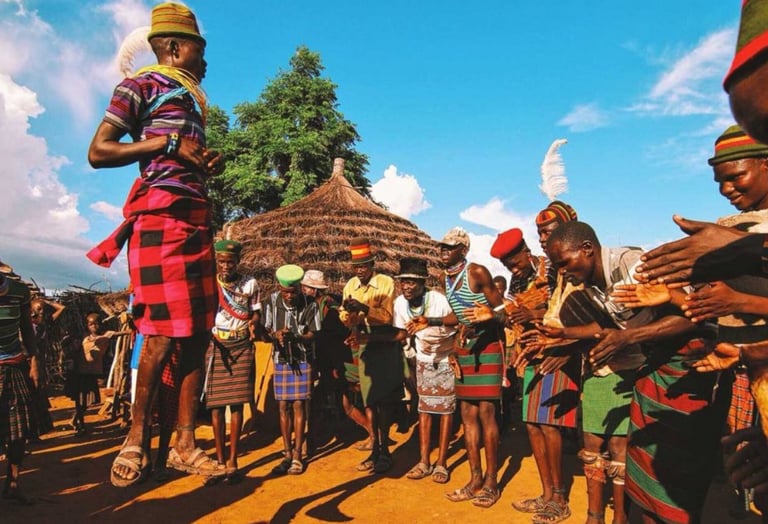

Indigenous youth in Uganda face multiple, interlocking layers of marginalization:
Population and vulnerability: The Batwa number only about 6,700 individuals, representing roughly 0.2% of Uganda’s population.
Landlessness and economic exclusion: Nearly half of Batwa are landless, many living as squatters or working as bonded laborers.
Health disparities: Life expectancy averages 28 years, with 40% of children dying before age five. Only 1 in 14 Batwa women use family planning services.
Education gaps: In Uganda, primary school attendance drops from 68% to 22% by secondary school, disproportionately affecting marginalized youth.
These challenges are interconnected
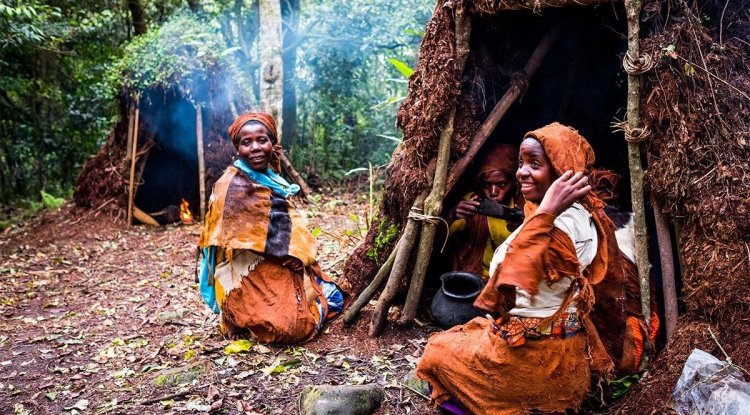

The Problem
Our Approach
Through our REACH framework, we apply a systems thinking approach:
Recognizing that rights, education, agriculture, conservation, and health are interdependent, not isolated.
Addressing these challenges holistically to break cycles of marginalization and build resilient, empowered communities.
Our Work – REACH
Empowering Indigenous Youth through Holistic Action
At Indigenous Voices Uganda (IVU), we recognize that the challenges facing marginalized indigenous youth are interconnected. Exclusion from land, education, healthcare, and decision-making affects livelihoods, culture, and well-being. That’s why we use REACH -our holistic, systems-thinking framework to create sustainable, community-driven solutions.
REACH focuses on five interlinked pillars:


A – Agriculture
We work to ensure that indigenous youth have equal opportunities to learn and grow:
Access for the underprivileged – reducing barriers to primary, secondary, and tertiary education.
Vocational training – equipping youth with skills for sustainable livelihoods.
Employment pathways – linking education to income-generating opportunities.
R – Rights
We defend the fundamental rights of indigenous youth, including:
Land rights – advocating for secure land tenure.
Human rights – promoting equality and protection.
Sexual and reproductive rights – ensuring access, dignity, and choice.
Governance inclusion – empowering youth to participate in decision-making


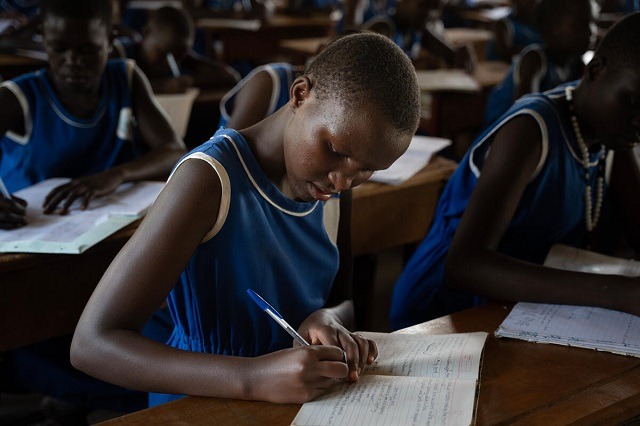



E – Education
We support sustainable, indigenous-led agricultural practices:
Regenerative farming – restoring soil, water, and biodiversity.
Permaculture – integrating traditional knowledge with innovative, sustainable systems.


C – Conservation
A – Agriculture
We protect both natural and cultural heritage for current and future generations:
Heritage preservation – safeguarding indigenous traditions and sacred sites.
Wildlife protection – conserving endangered species and ecosystems.
Environmental stewardship – promoting sustainable land and resource management.
Climate action – building community resilience to climate change.


We strengthen the health and well-being of indigenous youth:
Sexual and reproductive health – empowering youth with knowledge and services.
WASH (Water, Sanitation & Hygiene) – improving community health standards.
Access to healthcare – advocating for affordable, inclusive, and quality services.
Mental Health Services
H – Health
Why REACH Matters
By addressing these five areas together, we tackle systemic marginalization and empower indigenous youth to thrive socially, economically, and culturally. REACH is more than a framework- it is a pathway to justice, equity, and opportunity for Uganda’s most marginalized communities.
Connect
We would love to hear from you. Whether you want to collaborate, volunteer, support our work, or simply learn more about Indigenous Voices Uganda (IVU), our team is here for you.
Engage
Empower
📧 Email
indigenousvoicesuganda@gmail.com
+256 764 057 867
© 2025. All rights reserved.
